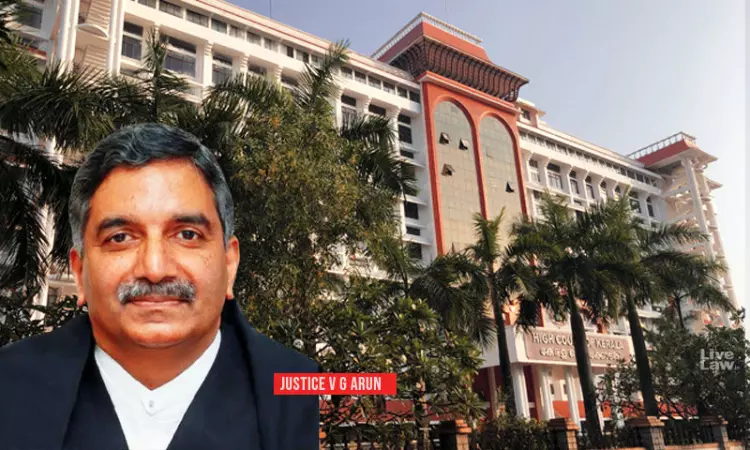The Kerala High Court recently held that it is not obligatory for the court to conduct a joint trial under Section 220 of the CrPC as it is the discretion of the court to allow a joint trial or not. A single bench of Justice V G Arun was considering a matter pertaining to certain disputes that arose between partners of a firm. The Court had referred the parties to mediation and the matter...

